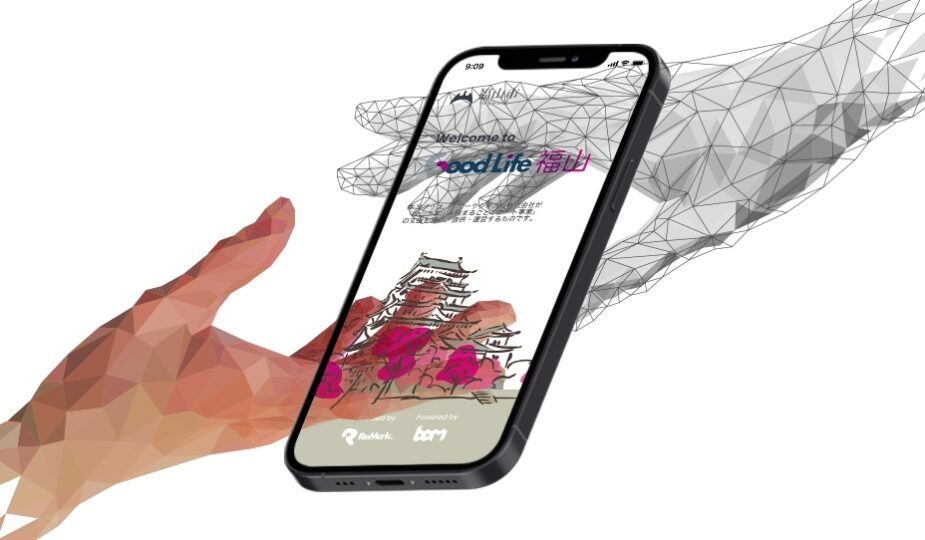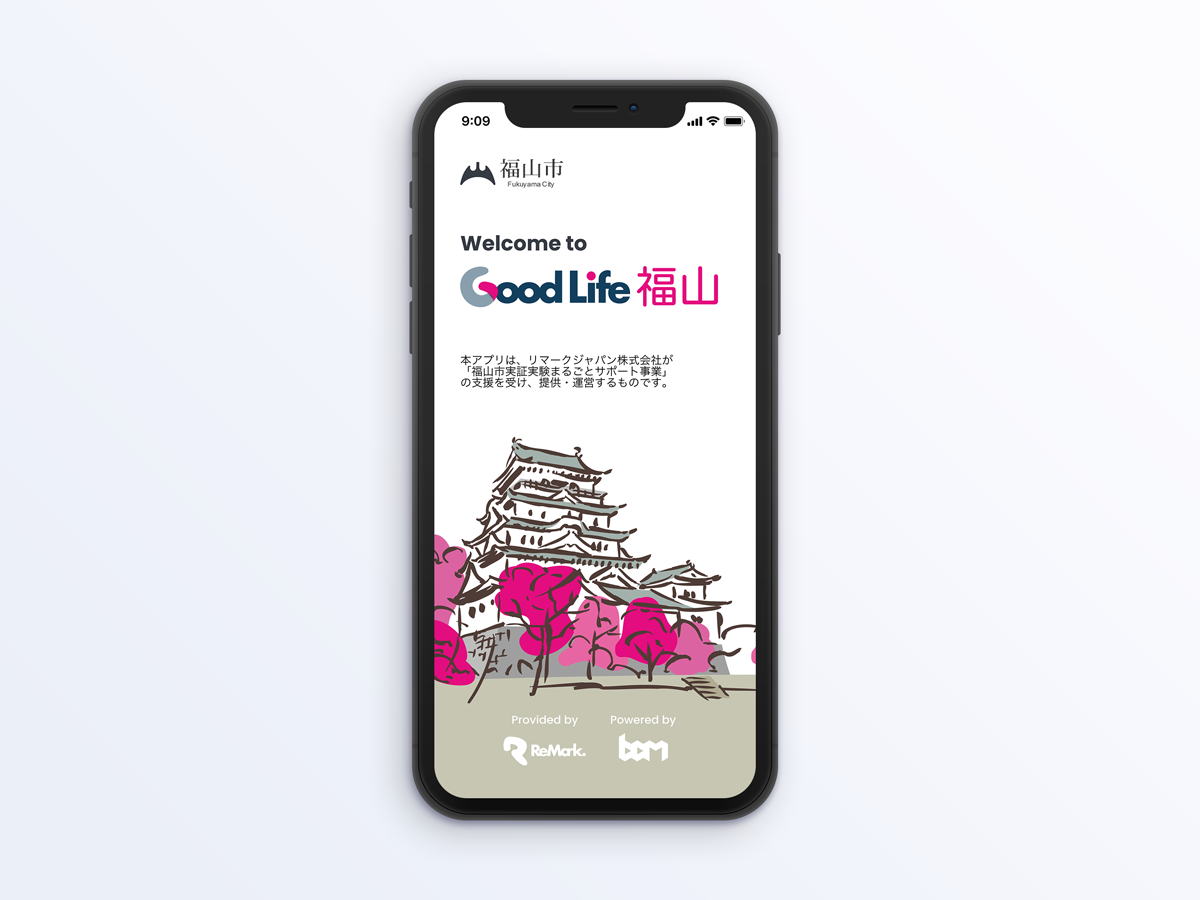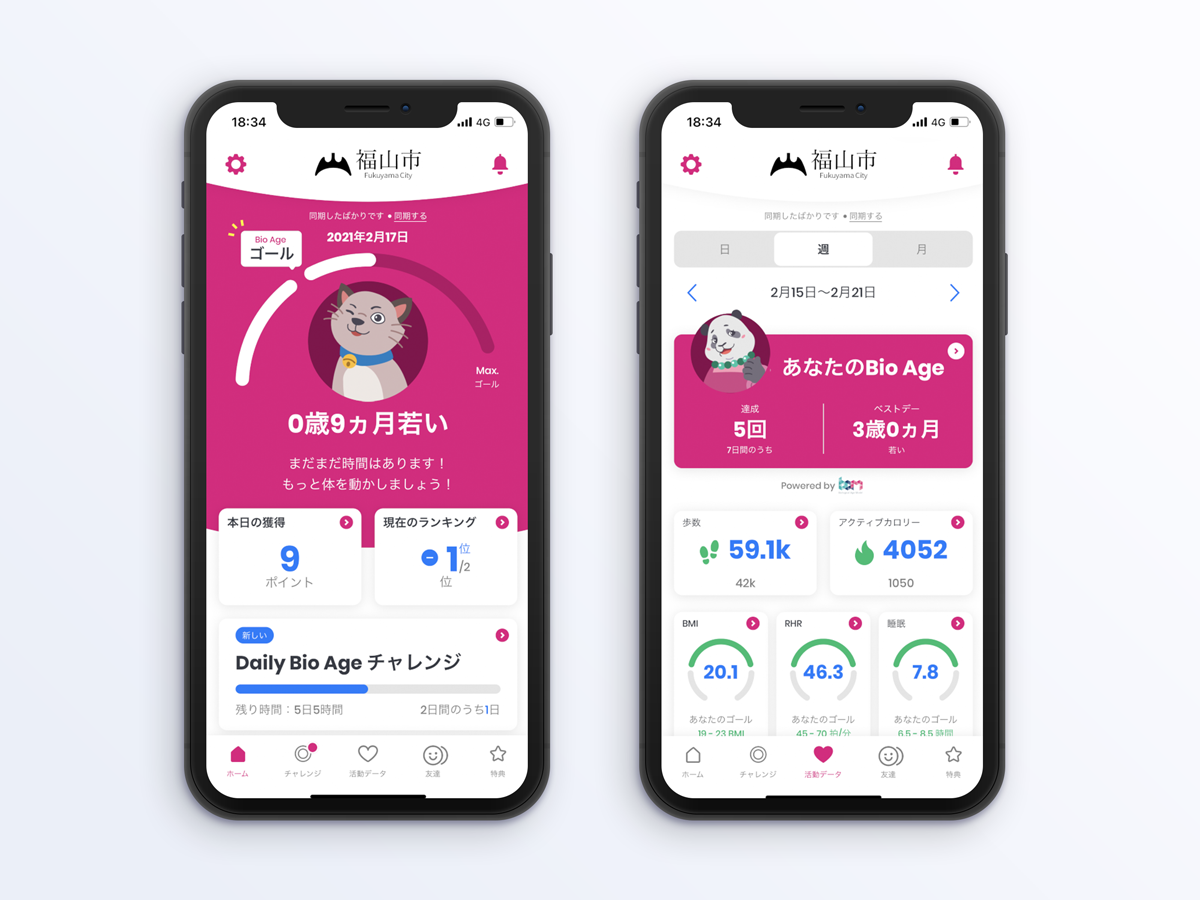What if your smartphone app can help save lives?

The City of Fukuyama launches a sandbox project to study the ability of wearables to detect early symptoms of illness, in partnership with global InsurTech provider ReMark.
Covid-19 demonstrated that detecting the virus is a crucial element of fighting the pandemic through the isolation of infected individuals and their close contacts. But this has been a challenge as people may be contagious before displaying any obvious symptoms like a dry cough, tiredness, or fever. Public health authorities have responded with costly measures through lockdowns, testing regimes, hygiene, and physical distancing measures, but what if data from wearable could detect imperceptible signs of Covid-19 before someone becomes symptomatic?
You must accept Performance cookies to watch this video.
Change my settingsUsing wearable data to detect illnesses early
According to our latest Global Consumer Study, a third of global consumers own a smartwatch. “Buoyed by the popularity of wearables and research breakthrough, we wanted to test whether wearables could detect imperceptible early symptoms of an infection. While ensuring that personal information remains private, we leverage on the sophistication of wearable technology to show that data can serve us more than we think. “Our modelled scenario shows that detecting symptoms up to 3 days earlier can reduce the R0 up to 77% within one month” says Mandy Luo, Chief Actuary and Data Scientist. Responding to the City of Fukuyama sandbox programme, we developed an algorithm that uses regular activity data from your wearable device to assess your health and detect possible signs of illness.
- First, the app establishes an individualised evaluation of a person’s health using wearable data like resting heart rate and sleep pattern.
- After four weeks of calibration, the algorithm then detects any variations from that standard which could be a sign of a forthcoming illness.
Supporting the city of Fukuyama in its digital transformation
The project comes ahead of the opening of Japan’s first Digital Agency, marking new Prime Minister Suga’s ambitious policies for Japan’s digital transformation. “ReMark is proud to contribute to transforming government services in partnership with the City of Fukuyama” says ReMark Head of North Asia Gang Pei. Through this public-private partnership, ReMark will deploy the new early illness detection algorithm as a “plugin to its Good Life health & wellness engagement app for the first time.”
The partnership with ReMark is a new step to turn the City of Fukuyama into a smarter city, launch an innovative public health campaign and contribute to controlling Covid-19. From encouraging citizens to be more physically active to being notified early of any health condition changes, the apps many innovative features will benefit up to 400,000 inhabitants over the age of 18.
Na Jia, ReMark CEO observes that “Covid-19 is the first pandemic of the information age. Machine learning and wearables can contribute to redefining the future of health. By empowering users with more knowledge about their own health, we open a new proactive approach to health management.”
Welcome Screen
The Welcome Screen features the City’s iconic Hisamatsu Castle.

Good Life x City of Fukuyama
Good Life is ReMark’s Health & Wellness app. The platform is fully white-labelled and has been customised to reflect the City of Fukuyama colours.
Homepage Screen
The homepage lets the user check health status, tips and performance at a glance.
To start using the app, you just need a smartphone to track your steps and BMI.
Dashboard
Wearable owners can gain deeper insights on 5 health metrics thanks to an easy-to-use dashboard.
- Number of Steps
- Calories Burnt
- BMI
- Resting Heart Rate
- Sleeping Hours

How does the early illness detection algorithm work?
Once the user downloads the Good Life app, they will be able to use its activity monitoring, social and rewards features immediately. The early illness detection plugin will need to aggregate data over a period of time to ensure the accuracy of the algorithm.
- Machine Learning: Our Good Life app calculates the standard sleeping pattern and Resting Heart Rate of an individual.
- Observation of anomalies: Once the algorithm is calibrated, the algorithm detects any variations from the person’s standard health metrics thanks to artificial intelligence.
- Daily Scoring and notification: Variations are recorded on a daily basis. If something appears abnormal, the user receives a notification inviting them to monitor their health closely and seek medical advice if they feel unwell.